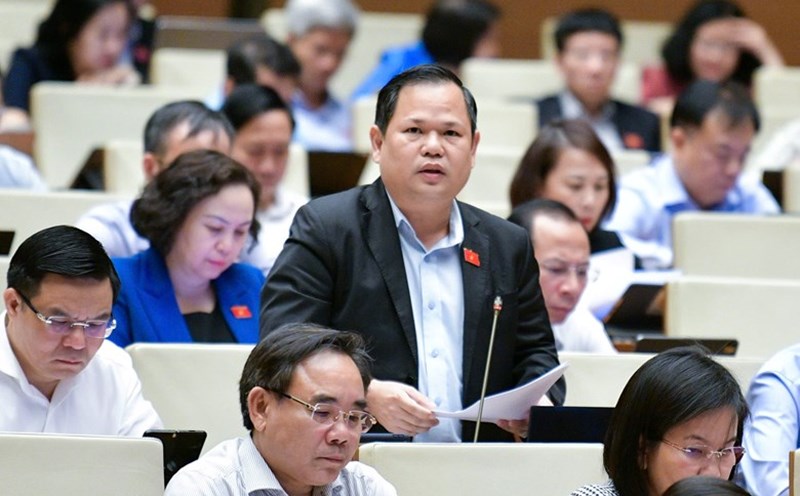Kitchens account for up to 30% of total electricity consumption
According to statistics from the International Energy Agency (IEA), the kitchen area accounts for about 25 - 30% of the total electricity consumption in households. In particular, equipment such as refrigerators, rice cookers, bakers and electric stoves play a major role in energy consumption.
Most of the wasteful electricity comes not from equipment capacity but from unreasonable usage habits, said Scott K. Runnels, chief engineer at Massachusetts Institute of Technology (MIT, USA). Keeping the refrigerator open for a long time, using the rice cooker heating mode for many hours or cooking without a lid all contribute to increased electricity consumption".
Some specific measures to reduce electricity consumption in the kitchen:
For refrigerators:
Do not open the door too many times or leave the door open for too long.
Arrange the food scientifically, do not leave it too full for cold air to circulate.
Regularly defrost and clean the stopping devices to ensure effective operation.
Set the temperature to the right (about 3 - 5°C for the air fryer and -18°C for the freezer).
For rice cookers and microwaves:
Avoid keeping rice warm for too long. After the rice is cooked, the power should be turned off if not used immediately.
Use a microwave to heat food instead of boiling it in a pot.
Do not turn on the microwave when there is no food inside.
For magnetic Kitchens and Electric Kitchens:
Use a pot that is suitable for the kitchen size.
Always cover the pot when cooking to keep heat.
turn off the heat for a few minutes before cooking to take advantage of extra heat.
Power savings from changing user behavior
Choosing an energy-saving device is necessary, but the habit of using it is the final factor that determines the effectiveness. Consumers need to clearly understand the function of the device, use it under control and avoid overusing energy-consuming regimes," Mr. Runnels emphasized.
In the context of rising electricity prices, saving electricity not only helps reduce living expenses but also contributes to reducing pressure on the national power system. Small measures, if implemented regularly and properly, will bring clear results in the long term.











